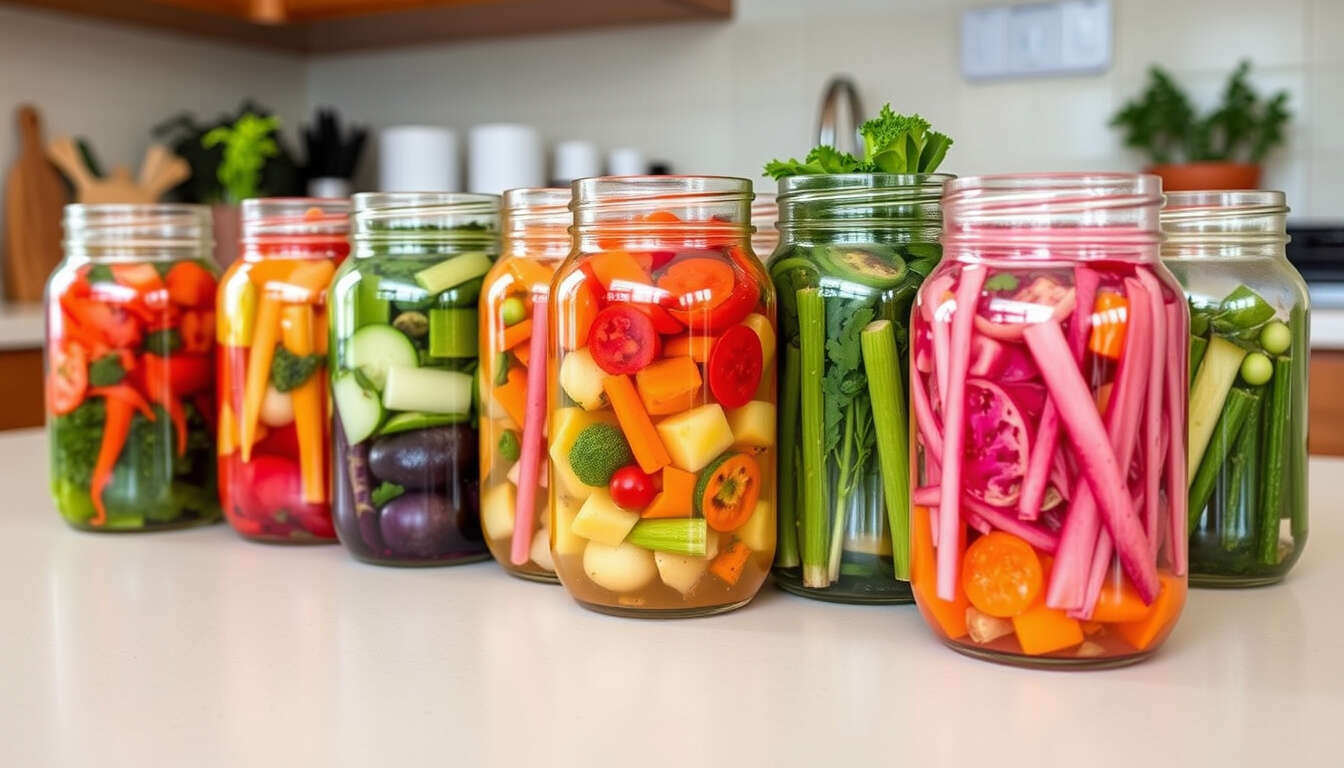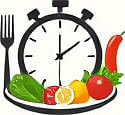Efficient Preparation of Quick Fermented Foods
 by Shanie Goodwin
by Shanie Goodwin
Discover simple methods for making fermented foods in less time, perfect for busy schedules. Learn easy recipes and tips to add nutrition to your meals without extra effort, helping maintain a balanced diet amid work demands.

Preparing quick fermented foods can be a practical way to boost your diet with probiotics and flavors, especially for those with packed schedules. These foods offer health benefits like improved digestion and nutrient absorption, making them ideal for professionals seeking nutritious options.
One effective technique is using smaller batches. By working with smaller quantities, you reduce the waiting period while still achieving good results. For instance, quick fermented foods like kimchi can be ready in just a few days instead of weeks. This approach fits seamlessly into meal prep routines, allowing you to plan ahead without overwhelming your time.
Let's explore some straightforward recipes. A basic one is quick sauerkraut. Start by shredding cabbage and mixing it with salt. Massage the mixture to release juices, then pack it into a jar. Leave it at room temperature for 2-3 days, tasting periodically to check flavor. This method provides a tangy side that pairs well with lunches.
Another option is fermented yogurt. Heat milk to a gentle warmth, add a starter culture, and let it sit for several hours. Within 4-6 hours, you'll have a creamy yogurt ready to eat. These recipes emphasize simplicity, helping you incorporate fermentation into daily life.
To save time in the kitchen, consider using everyday tools. A simple mason jar works well for most ferments, eliminating the need for specialized equipment. Also, prepare ingredients in advance. Chop vegetables during weekends and store them for quick assembly later. This hack turns fermentation into an easy habit rather than a chore.
Benefits for Busy Lifestyles
Incorporating these foods supports overall wellness. For example, regular consumption can aid gut health, which is essential for energy levels during long workdays. By dedicating just a few minutes daily, you build a sustainable routine that enhances meals.
Here are some tips in a list for easy reference:
- Choose vegetables that ferment faster, such as cucumbers or radishes.
- Monitor temperature to speed up the process; warmer spots in your kitchen can help.
- Experiment with flavors using herbs and spices to keep things interesting.
In practice, these methods have helped many maintain balance. One professional shared how adding fermentation recipes to their weekly prep reduced reliance on processed foods. The key is consistency, turning small efforts into lasting habits.
Ultimately, quick fermented foods encourage a proactive approach to eating. They remind us that healthy choices don't have to be time-intensive. With these techniques, you can enjoy the rewards of better nutrition while managing daily demands.
